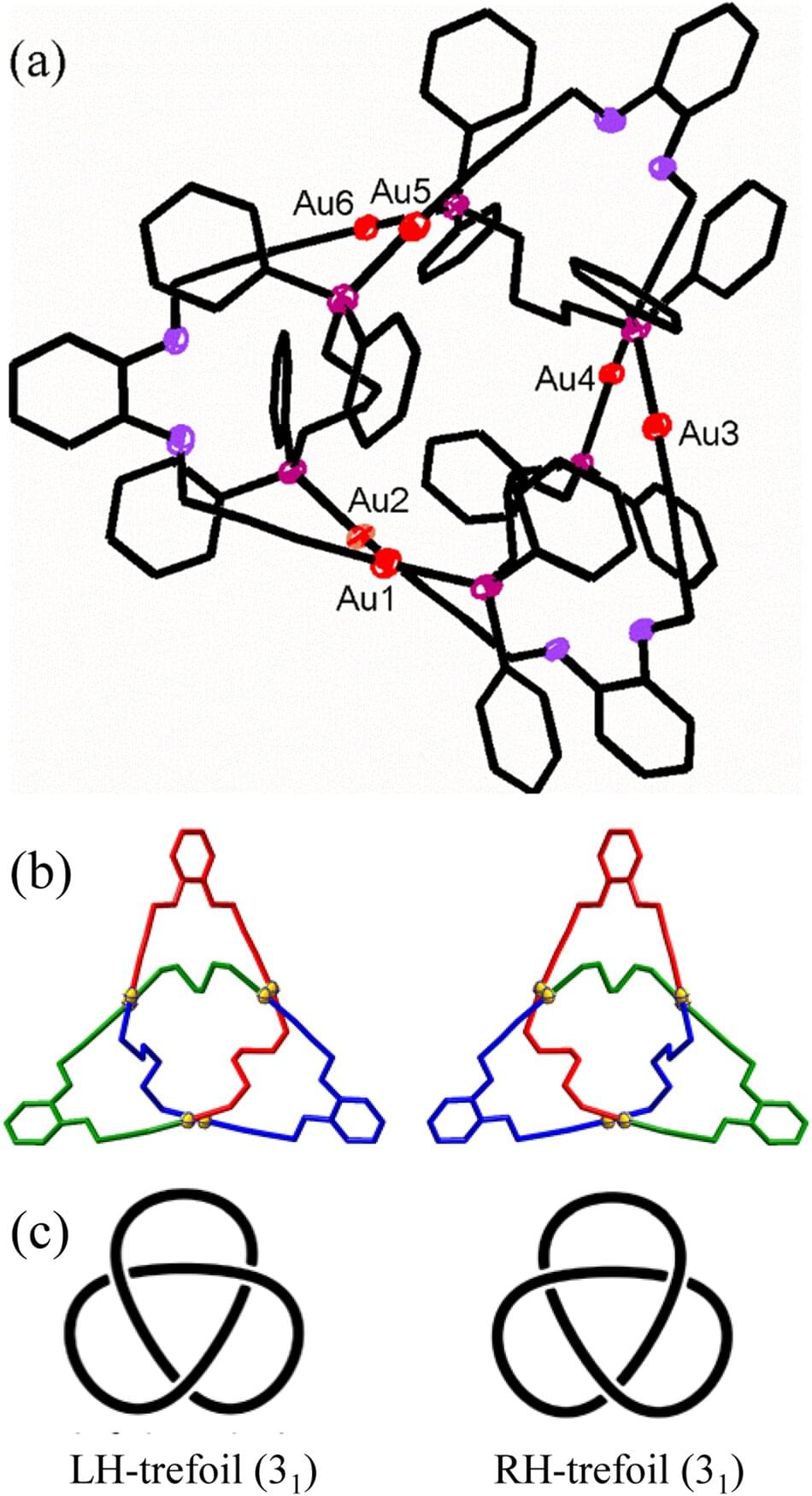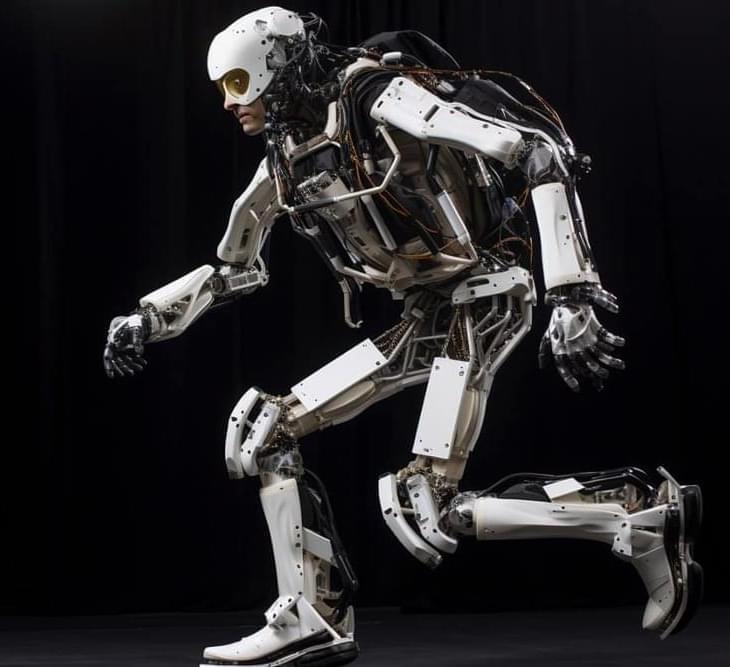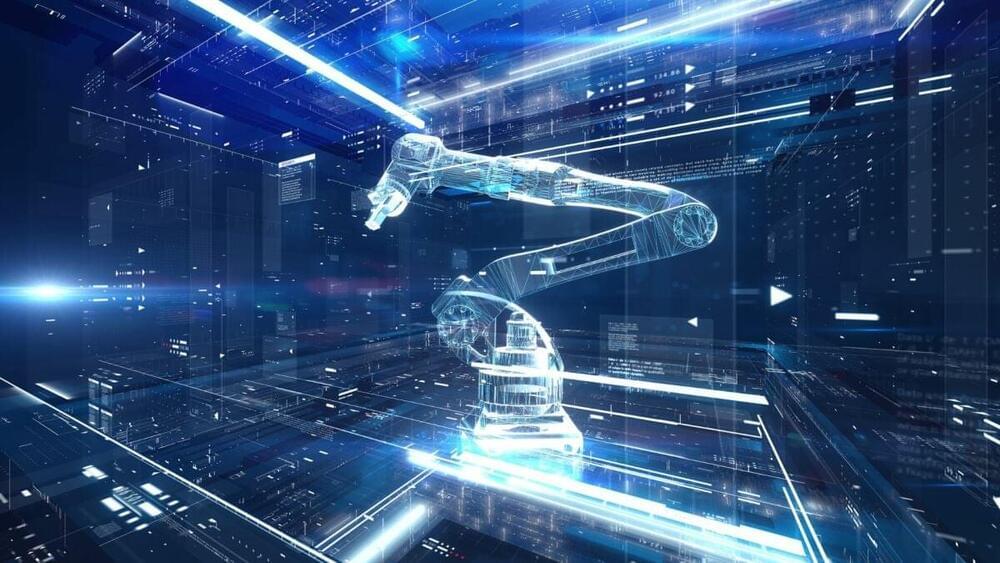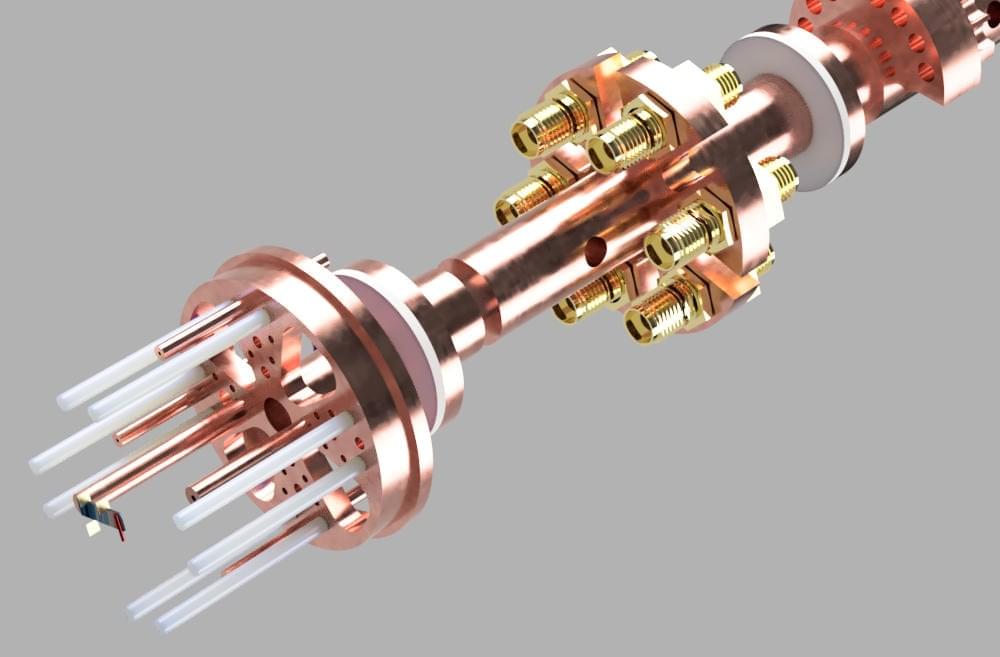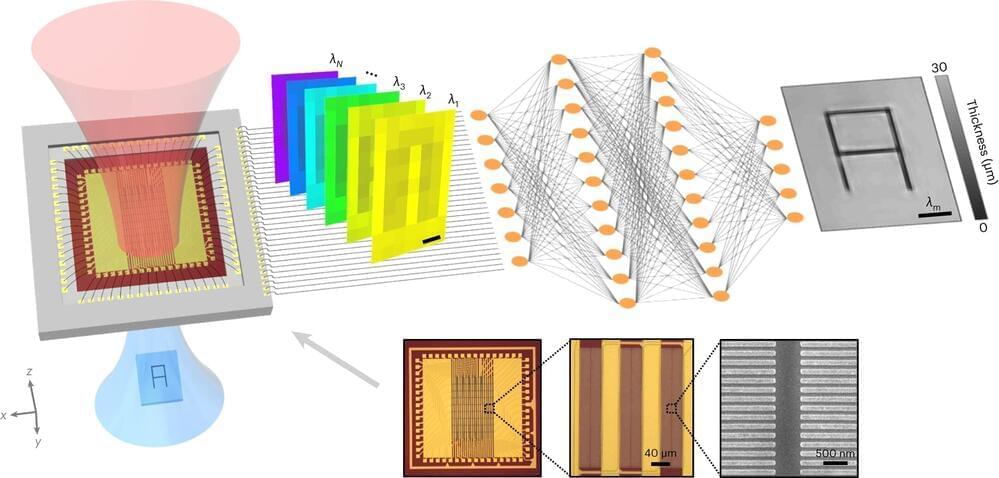A trio of chemists at the Chinese Academy of Sciences’ Dalian Institute of Chemical Physics, working with a colleague from the University of Western Ontario, has tied the smallest knot ever, using just 54 atoms. In their study, published in the journal Nature Communications, Zhiwen Li, Jingjing Zhang, Gao Li and Richard Puddephatt accidentally tied the knot while trying to create metal acetylides in their lab.
The researchers were attempting to create types of alkynes called metal acetylides as a means to conduct other types of organic reactions. More specifically, they were attempting to connect carbon structures to gold acetylides—typically, such work results in the creation of simple chains of gold known as caternames.
But, unexpectedly, the result of one reaction created a chain that knotted itself into a trefoil knot with no loose ends. Trefoil knots are used in making pretzels and play a major role in knot theory. The researchers noted that the knot had a backbone crossing ratio (BCR) of 23. Knot BCRs are a measure of the strength of the knot. Most organic knots, the team notes, have a BCR somewhere between 27 and 33.
